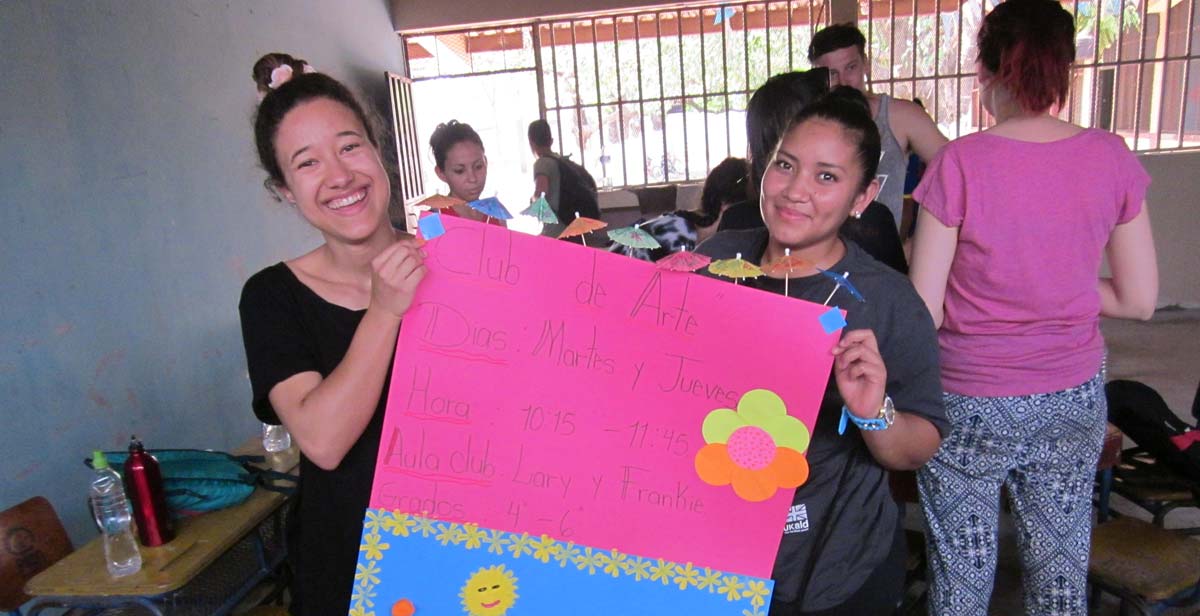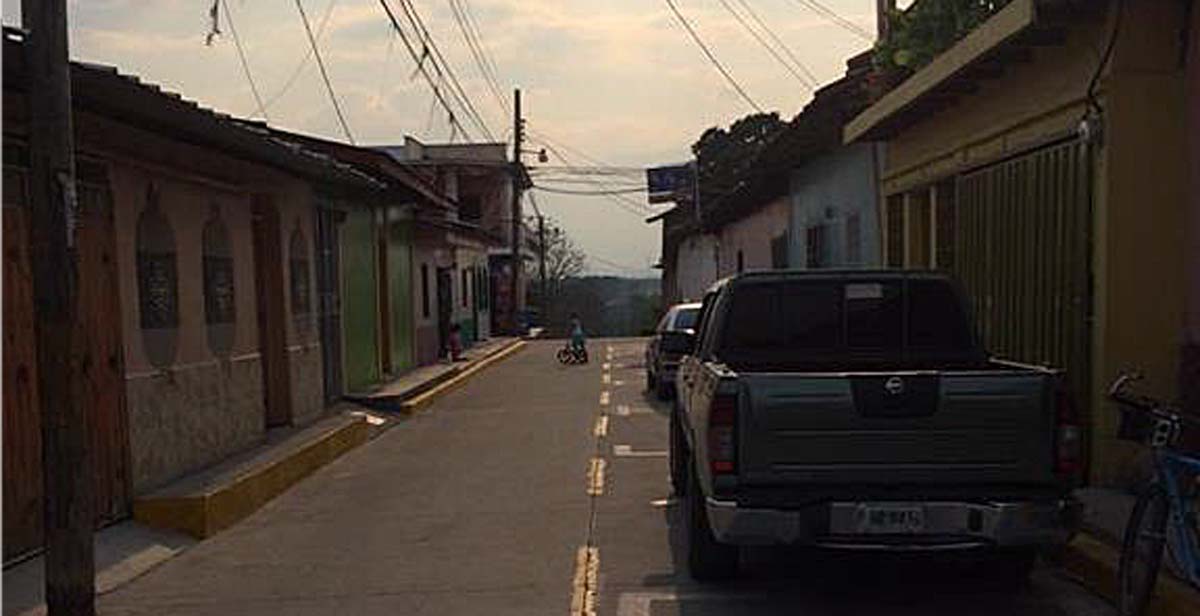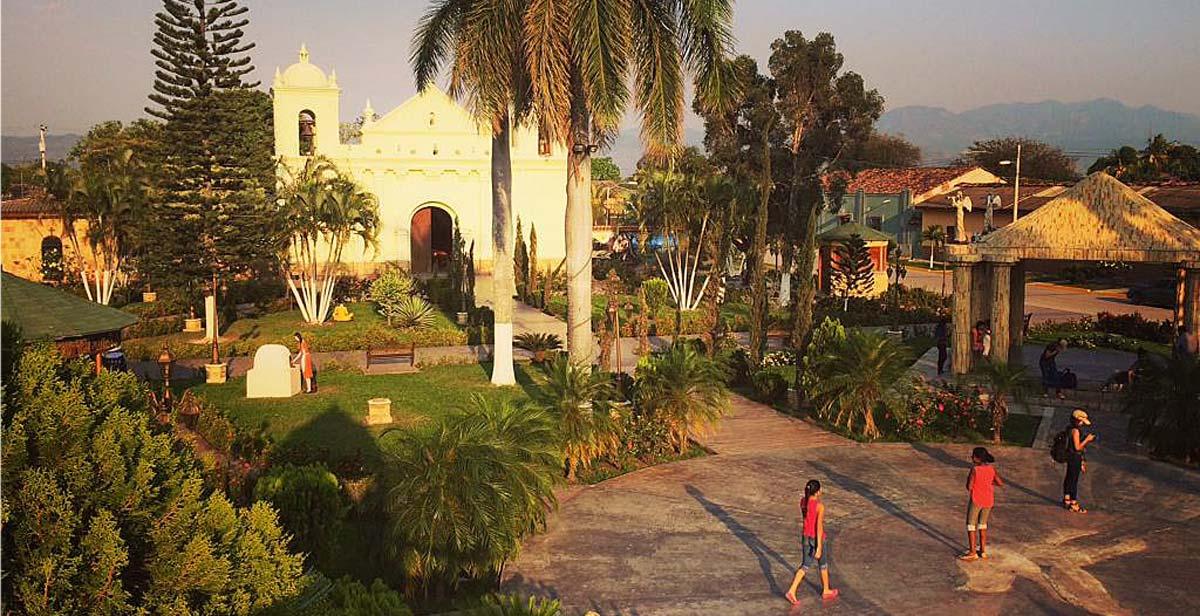Honduras week two and certain sights, faces and routines are becoming more familiar to us UK volunteers. Time rolls on and we’re beginning to become more accustomed to the abundance of front-room-come-convenience-stores, which populate every street and the warmly welcomed four o'clock breeze.
After our 6:30 yoga session is over and done with, we say ‘adios’ to Abuela and eight friendly smiles, three neighbourly waves and five ‘buenos dias’ later, we arrive at the tiny town primary school. We are greeted daily by a hundred little faces clambering to get a look at the British aliens; the bravest sport an English ‘hello’ and hugs and fist-bumps are the norm. All the volunteers congregate in the beautiful town plaza at four o’clock after a day’s hard at work, already a tradition, which I suspect will be long lasting, and we’re in by six when the sun sets.

That’s the abridged version, and while we are becoming familiar, there are definitely some situations which might take a little more getting used to. For starters, a walk down the dusty road in flip-flops creates a faux glows to rival the service offered by most beauty salons back home and, with no running water in the evenings, the tans on our feet remain semi- permanent.
In the water tank in my home lives a ten-inch fish who we’ve grown to know and like, although I’m not sure it will ever be normal for me. The whole family relax in the evenings with a frozen chocolate banana on the kerb out front to make the most of the cool night air, which might earn you a few sideways glances back in the UK, but here it’s completely unexceptional. Even our host grandmother, an elderly Latina woman fond of her rocking chair, came with a twist; we didn’t expect the pumping party anthems of 2016 to be coming from our house when we heard the bass two streets away. We’ve also come to realize that it isn't just the typical cultural differences that can surprise you here, but some of the similarities too. With music, hair and boys on the list of hot topics that come up in conversation with the female Honduran volunteers, some things remain the same inter-continentally.

There's a lot to take in in this typical Honduran town, but we’re getting used to it. The project is almost in full swing and we are all getting to know more about each other – more shocks and surprises will probably follow soon and I’m sure we’ll adapt to them just fine. I think I speak for us all when I say I’m excited to find out what’s to come as we learn to live a little differently.
Written by ICS volunteer Abigail McGowan



